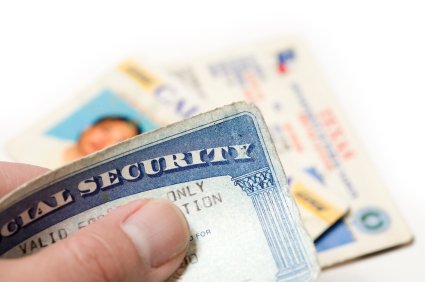The Social Security Administration, Office of the Inspector General cannot place a fraud alert on your SSN but they do manage a fraud hotline to investigate instances of fraud.
You can contact the U.S. Department of Health Services Office of Inspector General to report various types of fraud, including medical identity theft, Social Security disability fraud and allegations of identity theft unrelated to Department programs. Filing a report may lead to further investigation by law enforcement agencies.
Reporting Social Security Number Fraud
The Office of the Inspector General Fraud Hotline manages situations where there has been fraud, waste or abuse within the Social Security Administration’s programs. In most cases, however, you will need to follow the steps for reporting identity theft.
You can call the Office at 1-800-269-0271 from 10 a.m. to 4 p.m. EST or submit a Fraud Reporting Form online here.
Reporting Identity Theft When Someone is Using Your Social Security Number
If you are concerned that someone is using your Social Security number and see suspicious activity on your credit card statements or banking activities, you can take action immediately by doing the following:
1. Check your Social Security earnings record. Verify the accuracy of this report to make sure someone hasn’t been using your number for employment. You will need to contact the Social Security Administration directly to order a copy of this report. As of March 2011, the Request a Social Security Statement service has been suspended for budget reasons.
2. Report theft to the Federal Trade Commission. Call 1-877-ID-THEFT to report the incident and visit the FTC Identity Theft website to educate yourself about the process.
3. File a complaint with the Internet Complaint Center (IC3). The IC3 makes it easy to give cyber crime victims a chance to report violations associated with their Social Security number and will contact law enforcement and regulatory agencies as needed.
4. Monitor your credit report. Check for suspicious activity on your credit report, such as the appearance of accounts that you don’t know about or reports of employment where you haven’t worked. Any changes in your credit report may serve as evidence of a compromised account and could be used to trace the activities of the identity thief.
5. Review your bank and credit card statements regularly. Keep a close eye on your bank and credit card statements to determine whether someone else is using your account. The moment you detect something suspicious, report the incident to your bank or creditor so that they can take action immediately.








